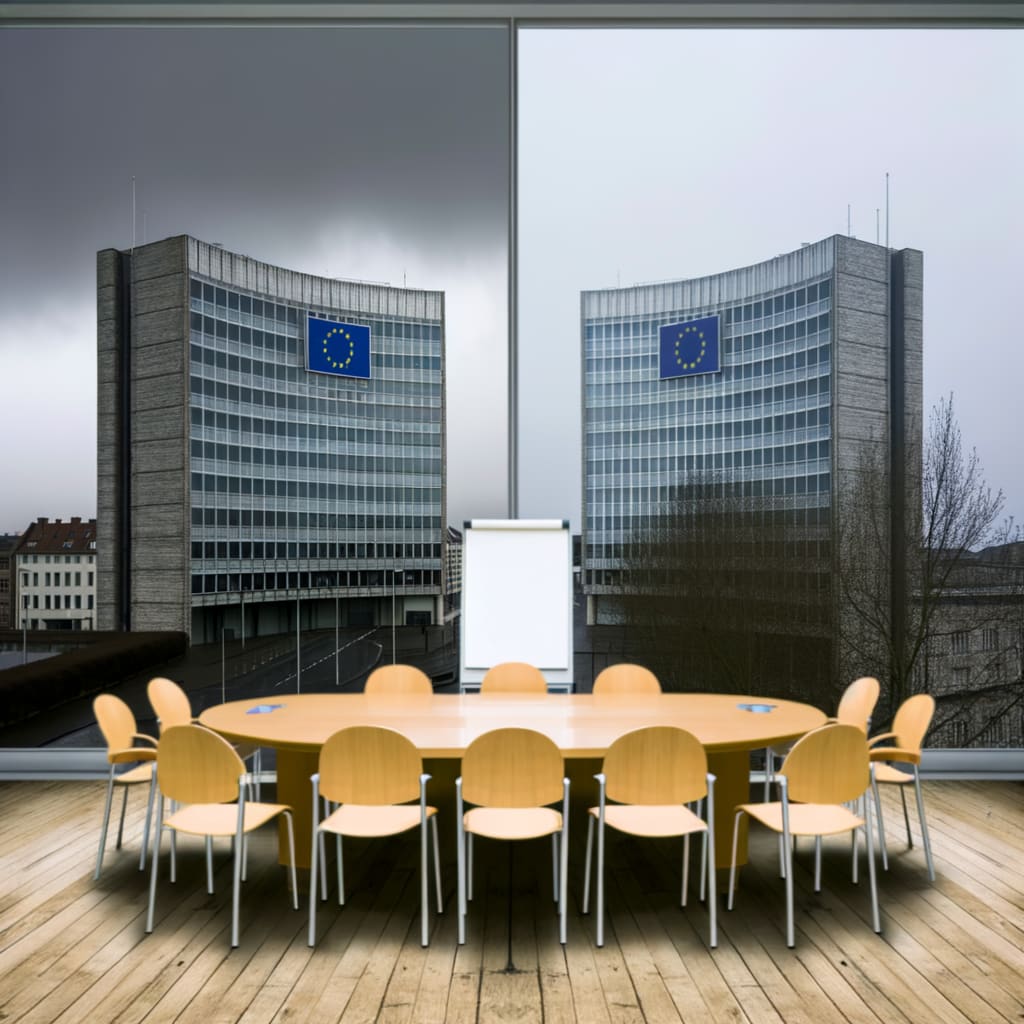EU Delegation Building in Kyiv Damaged in Overnight Russian Strike
A series of overnight Russian airstrikes in the Ukrainian capital, Kyiv, resulted in substantial damage to the building of the European Union (EU) Delegation, causing a wave of condemnation from European leaders. The strikes killed at least 21 people, according to Ukrainian authorities, and also damaged other diplomatic buildings, including the city's British Council office.
Background and Context
The attack on the EU Delegation building marks a significant escalation in the conflict, with European leaders expressing outrage and condemning the strikes as a 'deliberate attack' by Russia. This incident follows a series of Russian airstrikes on Kyiv, which have resulted in significant civilian casualties and widespread destruction.
Key Developments
The EU Delegation building was not the only diplomatic mission targeted in the strikes. The British Council office in Kyiv was also damaged, prompting the UK Foreign Office to summon the Russian ambassador, Andrey Kelin. Furthermore, the heads of 55 foreign diplomatic missions visited a residential building in Kyiv's Darnytskyi district that was destroyed in the Russian attack.
In the aftermath of the strikes, European Commission President Ursula von der Leyen spoke with former U.S. President Donald Trump and Ukrainian President Volodymyr Zelensky. She urged Russian President Vladimir Putin to come to the negotiating table,
while expressing indignation over the attacks.
Reactions and Implications
Top EU diplomat Kaja Kallas stated, No diplomatic mission should ever be a target,
underscoring the gravity of the situation. European Council President Antonio Costa also made it clear that the EU will not be intimidated.
The EU has announced new sanctions against Russia following the attacks, marking the 19th severe sanctions package. However, Russia continues to claim that it was targeting 'military' sites.
In response to the damage incurred, EU ambassador in Kyiv, Katarina Mathernova, stated, The damage has been quite substantial but we have already reopened our offices.
This statement illustrates the determination of the EU to maintain its diplomatic presence in Ukraine despite the ongoing conflict.
Current Status and Conclusion
As the conflict escalates, calls for negotiations and peace talks have grown louder. German Chancellor Armin Laschet urged Putin to meet with Zelensky or face a stern response from the West. Meanwhile, EU foreign ministers conferred with their US counterpart on the next steps.
Despite the increasing international pressure, the situation remains volatile with no immediate resolution in sight. The attack on the EU Delegation building and the resulting international response mark a significant turning point in the conflict, potentially altering the dynamics of the ongoing negotiations.

